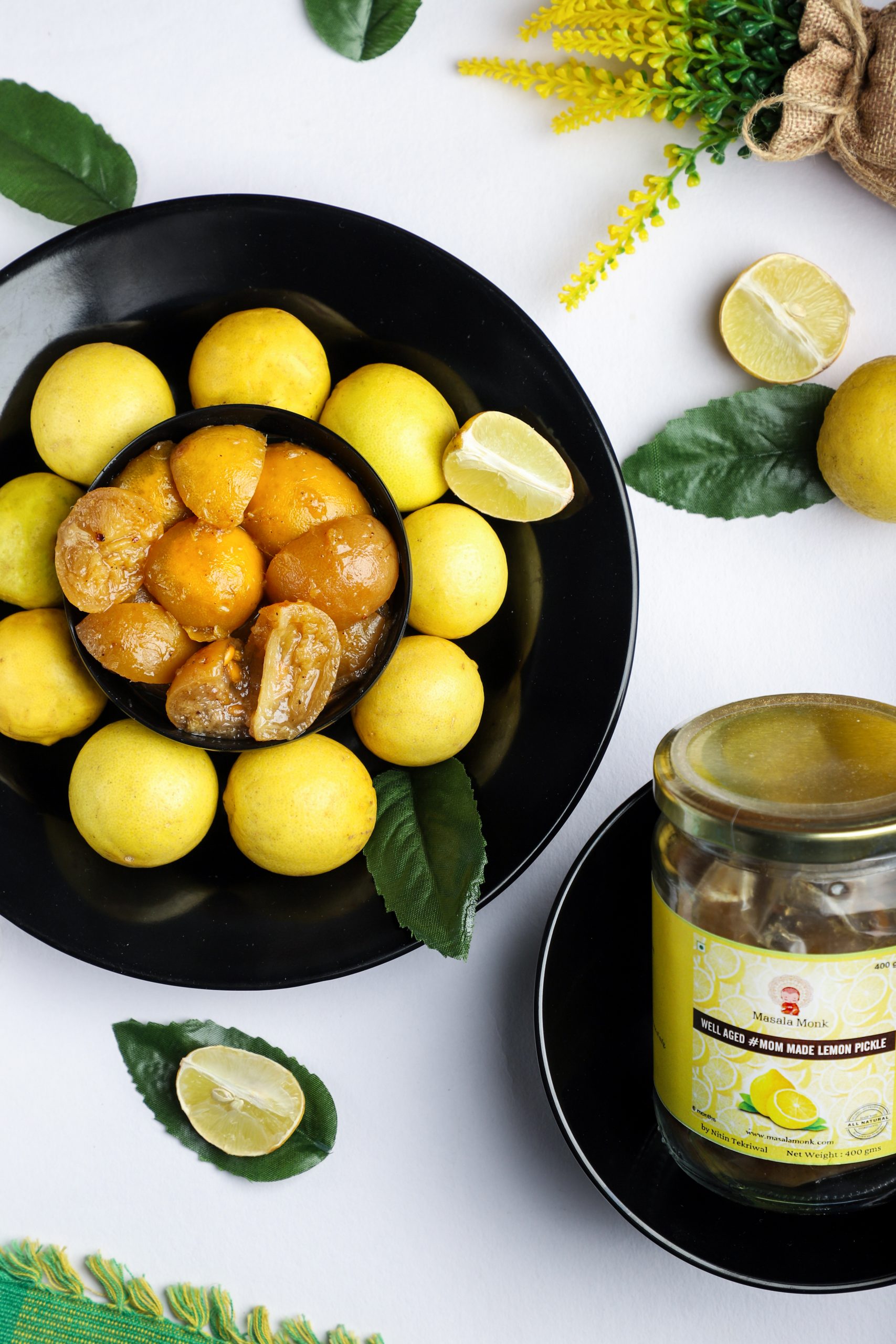
When life gives you lemons, don’t just make lemonade – explore the incredible health benefits of this versatile citrus fruit! Lemons are not only bursting with tangy flavor but also packed with essential nutrients that can support your overall well-being. In this comprehensive and in-depth blog post, we’ll delve into the numerous health benefits of lemons and show you how to harness the power of this zesty fruit to enhance your health naturally. Get ready to discover why lemons are more than just a kitchen staple – they’re a secret weapon for wellness! 🍋🌿
🍋 Rich in Vitamin C: Lemons are renowned for their high vitamin C content, which is crucial for supporting a healthy immune system. Vitamin C is a powerful antioxidant that helps protect cells from damage caused by harmful free radicals. It also plays a vital role in collagen synthesis, which is essential for healthy skin, wound healing, and maintaining the integrity of blood vessels, bones, and cartilage.
🌿 Alkalizing Properties: Despite being acidic in nature, lemons have an alkalizing effect on the body. When digested, lemons produce alkaline byproducts, which help balance the pH levels in the body. Maintaining an optimal pH balance is believed to support overall health and vitality, as an acidic environment can contribute to inflammation and certain health conditions.
🍋 Aids Digestion and Detoxification: Lemons contain citric acid, a natural substance that stimulates the production of digestive enzymes. These enzymes aid in the breakdown of food and facilitate the absorption of nutrients. Additionally, lemon water can act as a gentle diuretic, promoting urine production and helping to flush out toxins from the body. Lemon water can also stimulate the liver, supporting its detoxification processes.
🌿 Hydration and Electrolyte Balance: Lemons are not only rich in flavor but also in water content, making them an excellent choice for hydration. Staying properly hydrated is essential for maintaining optimal bodily functions, including regulating body temperature, supporting digestion, and transporting nutrients. Moreover, lemons contain essential electrolytes like potassium, magnesium, and calcium, which are vital for maintaining fluid balance and ensuring proper nerve and muscle function.
🍋 Digestive Health and Weight Management: The fiber found in lemons, known as pectin, can support healthy digestion by promoting regular bowel movements and preventing constipation. Adequate fiber intake is essential for maintaining a healthy digestive system and promoting feelings of fullness, which can aid in weight management efforts. Additionally, the low calorie and sugar content of lemons make them a smart choice for those watching their caloric intake and aiming to maintain a healthy weight.
🌿 Antioxidant and Anti-Inflammatory Properties: Lemons are rich in antioxidants, including vitamin C and flavonoids, which help protect the body against oxidative stress and reduce inflammation. These antioxidants help neutralize harmful free radicals, which can damage cells and contribute to chronic diseases. By reducing inflammation, lemons can support overall health and well-being, as chronic inflammation is linked to various health conditions.
🍋 Heart Health Support: The vitamin C and flavonoids present in lemons have been associated with heart health benefits. These compounds can help reduce oxidative stress and inflammation, which are risk factors for cardiovascular diseases. Additionally, the potassium content in lemons is beneficial for maintaining healthy blood pressure levels.
🌿 Skin Health and Beauty: Lemons have long been used as a natural beauty ingredient for their skin-enhancing properties. The vitamin C in lemons supports collagen synthesis, promoting skin elasticity and reducing the appearance of wrinkles and fine lines. Lemon juice can also help brighten the skin, fade dark spots, and improve overall skin tone. However, it’s important to note that lemon juice can be irritating to sensitive skin and should be diluted or used with caution.
🍋 Versatile and Refreshing Ways to Enjoy Lemons: Incorporating lemons into your daily routine is easy and enjoyable. Here are some ideas:
- Squeeze fresh lemon juice into a glass of water and enjoy it as a refreshing and hydrating beverage.
- Enhance the flavor of your meals by using lemon juice as a natural seasoning or marinade for meats, fish, vegetables, or salads.
- Add a squeeze of lemon to your herbal teas or hot water for a refreshing twist and added health benefits.
- Create a zesty and nutritious salad dressing by combining lemon juice, olive oil, herbs, and spices.
- Experiment with lemon-infused desserts or baked goods for a burst of citrus flavor.
🍋🌿 With their tangy taste and abundant health benefits, lemons are a valuable addition to a healthy lifestyle. From supporting immune function to aiding digestion, promoting hydration, and contributing to radiant skin, lemons offer a wide range of advantages for your overall well-being. Embrace the power of lemons and let them work their magic in enhancing your health naturally!













